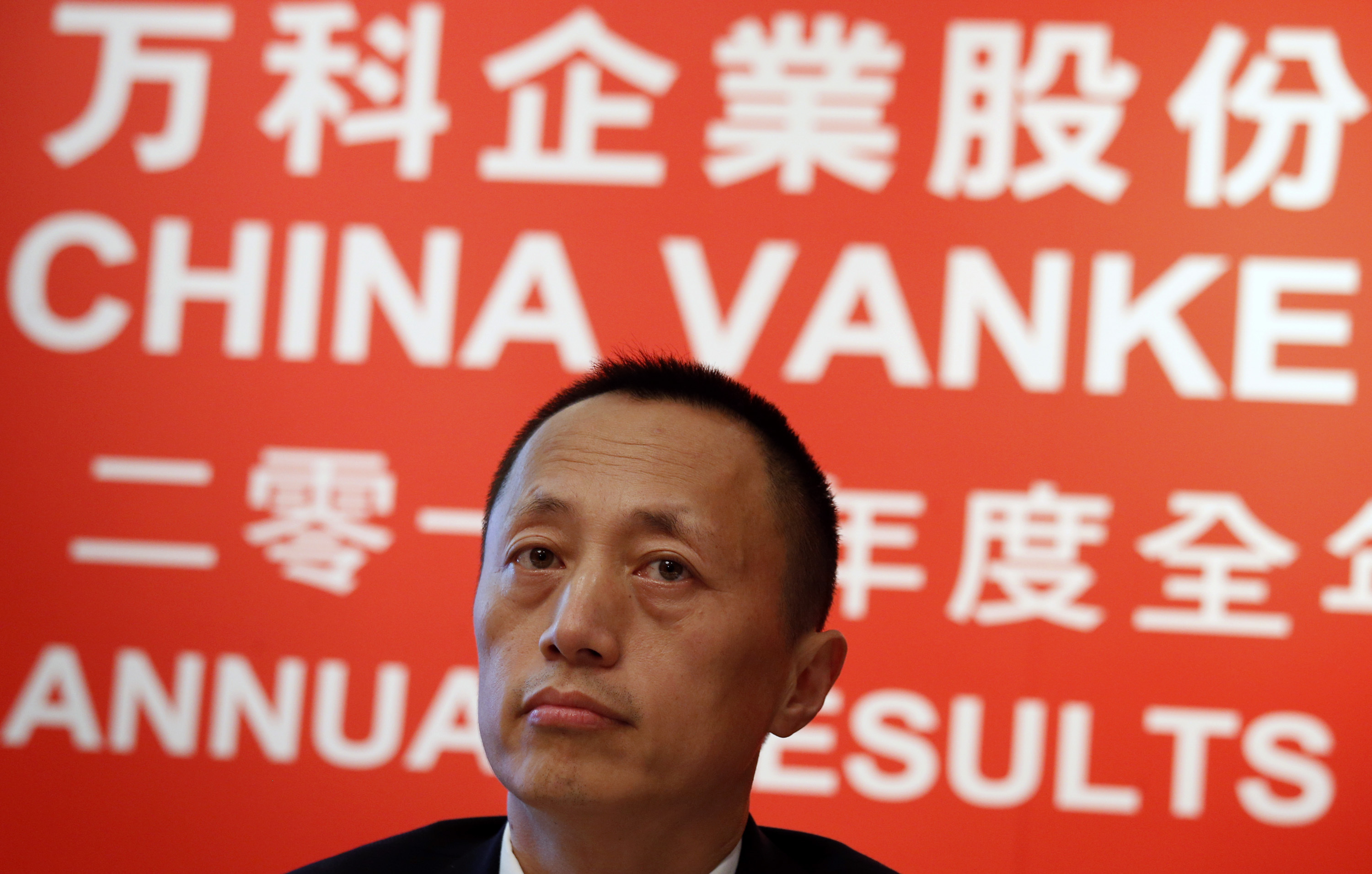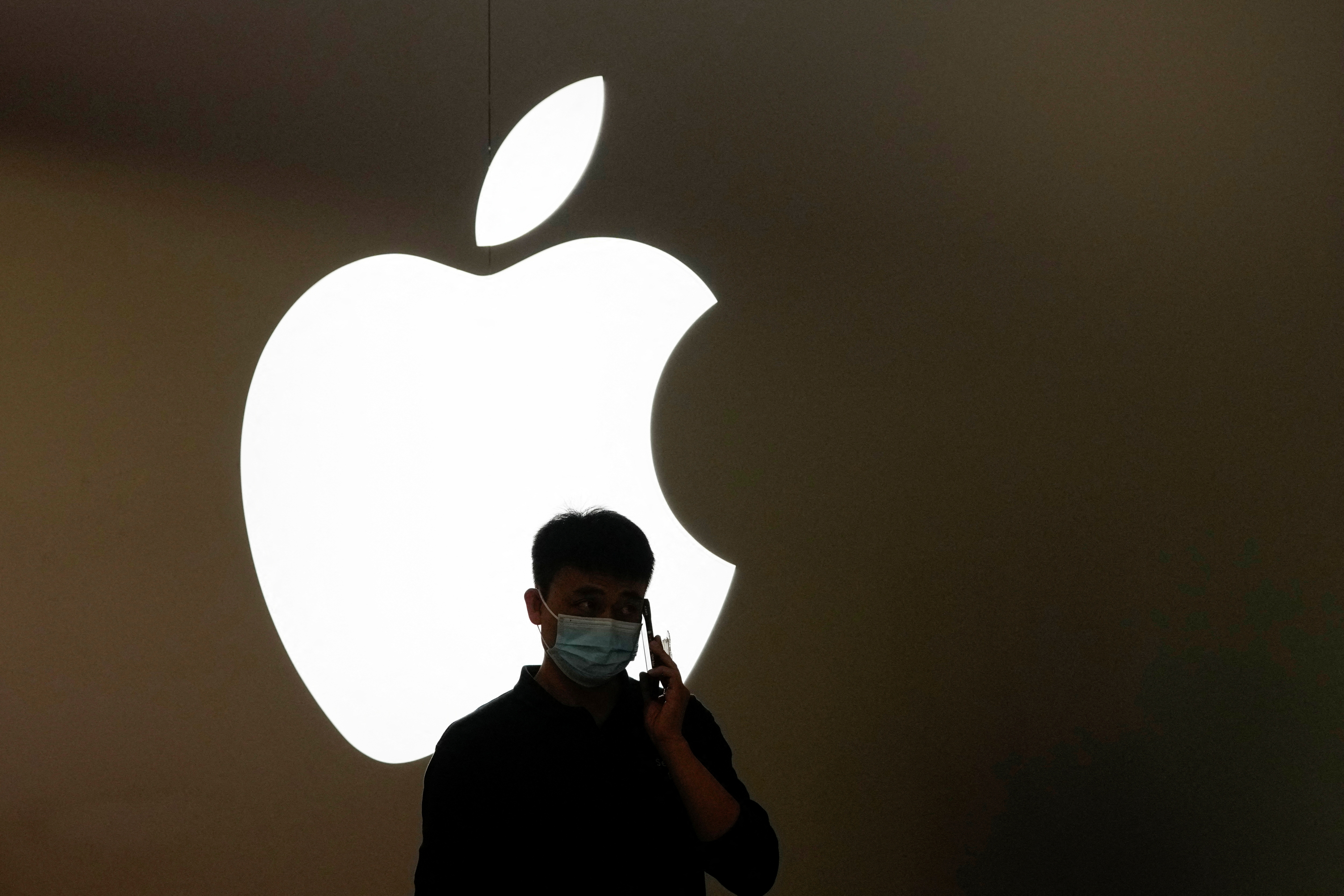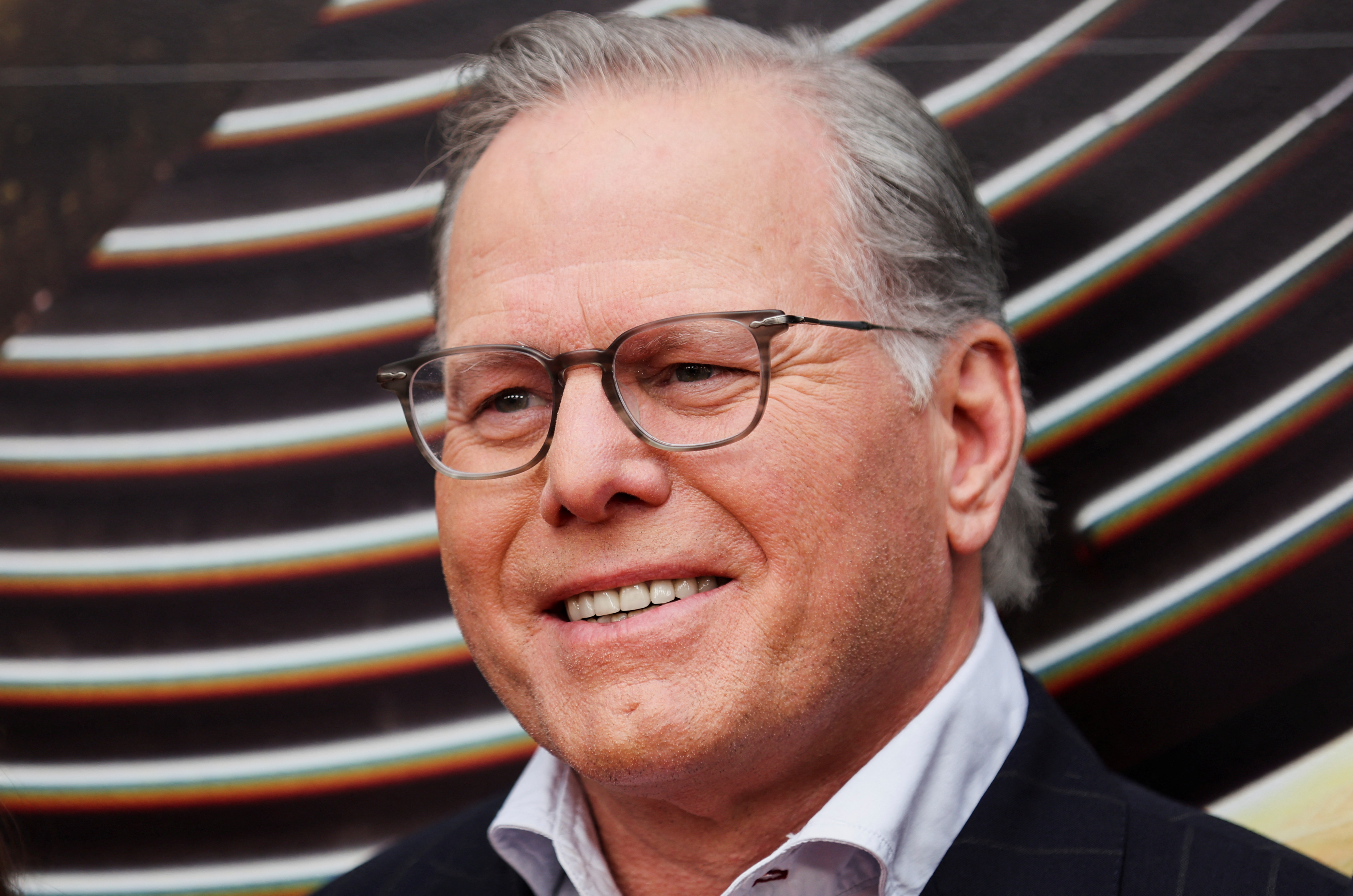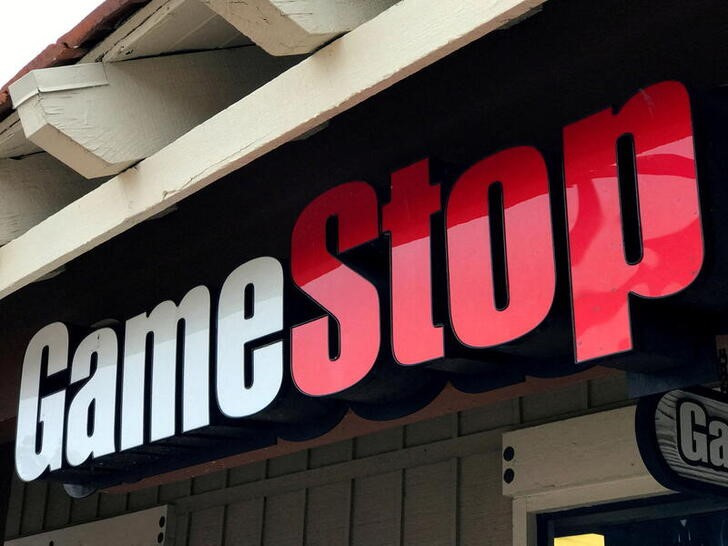Barbie’s a boss but not a business model
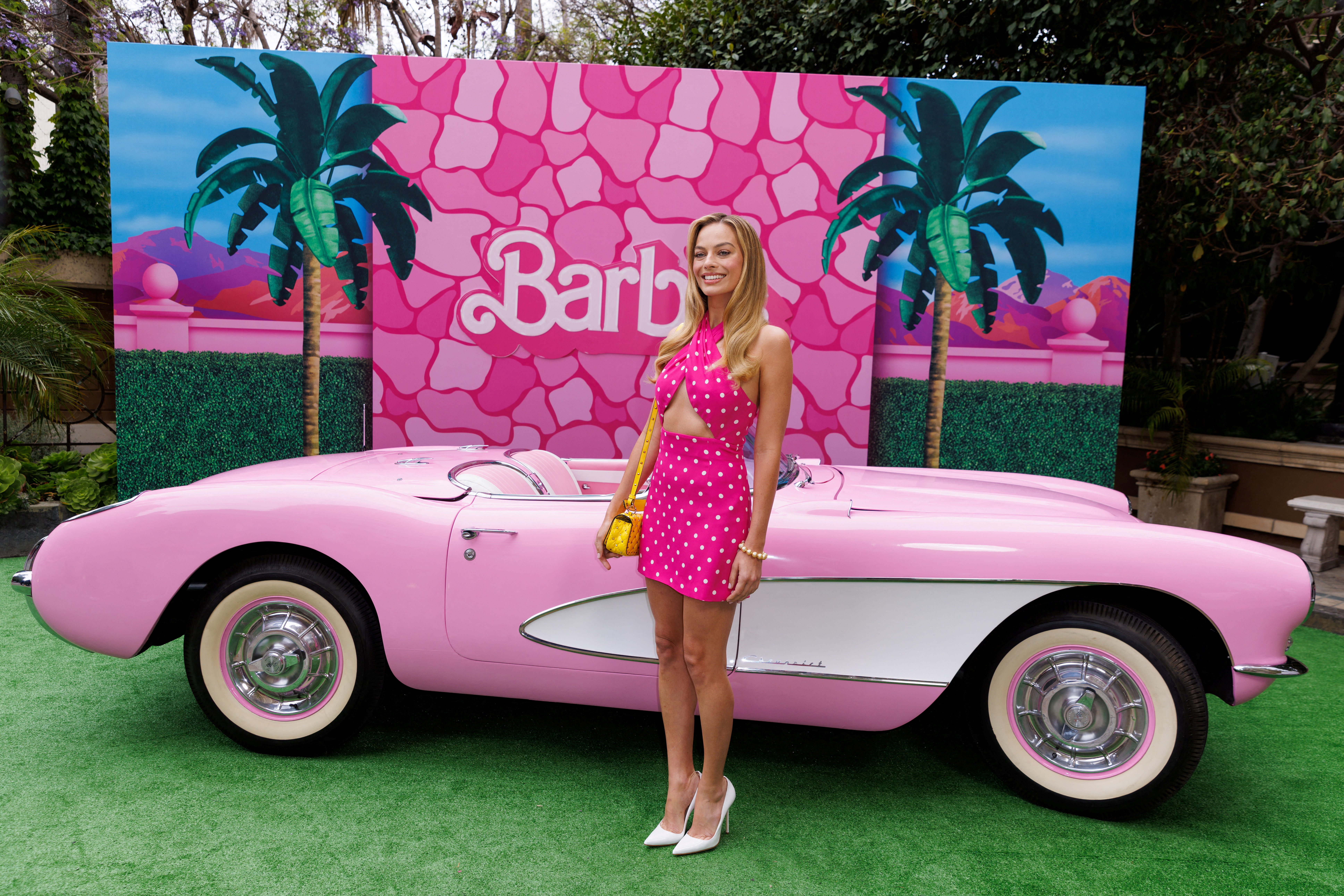
Actor Margot Robbie is photographed during a photocall for the upcoming Warner Bros. film "Barbie" in Los Angeles, California, U.S., June 25, 2023. REUTERS/Mike Blake Acquire Licensing Rights
NEW YORK, Sept 5 (Reuters Breakingviews) - Warner Bros Discovery (WBD.O) boss David Zaslav is playing too much with Barbie. The $28 billion entertainment conglomerate he runs said the toy-based movie will boost financial performance. It’s a welcome contribution amid a costly writers’ strike that is halting production of new material. The use of old brands, however, has a patchy track record.
Barbie breathed life into a 1960s cultural icon. Against the zeitgeist of female empowerment, the doll best known for her supernatural plastic physique was portrayed by Margot Robbie in a film that has generated $1.4 billion in box office revenue and is on track to outpace the Harry Potter films. Mattel (MAT.O), the $8 billion company behind the brand, has increased its market value 20% since late May, growing three times as fast as the S&P 500 Index (.SPX). Warner Bros Discovery, meanwhile, said on Tuesday that free cash flow is set to exceed $1.7 billion this quarter, helping the company raise estimates for the year as it pays down debt.
Other similar success stories abound. Lego partnered with Warner Bros in 2014 to produce a movie featuring its renowned plastic bricks. Since then, Lego sales have more than doubled. Mattel’s top line declined over the same span, despite having introduced Polly Pocket and Beauty Cuties to kids. Walt Disney’s $4 billion acquisition of Marvel in 2009 under boss Bob Iger has been a wild success.
There’s a difference with Barbie, however. Unlike Disney and its superheroes, Warner Bros doesn’t own the blonde bombshell. It means that while the $150 billion Magic Kingdom can develop Marvel-related rides and merchandise however it wants and Lego was able to leverage the film to expand its empire, Zaslav will have to work much harder to wring more from Barbie.
Moreover, brand loyalty has been waning for years, according to consulting firm McKinsey. Generation Z, ages 9 to 24, likes to shop around. Online commerce has taken some control away from onetime cultural trendsetters such as Mattel. Likewise, TikTok and other social media networks that use algorithms to create viral popularity have greater clout than oligopolistic toymakers and movie studios.
Not every revival works either. Motorcycle manufacturer Harley-Davidson (HOG.N), for one, has tried several comebacks, including with retail stores. And yet revenue this year is expected to be lower than it was in 2011, according to estimates from LSEG. Barbie may be this year’s boss, but she and her nostalgic ilk are unlikely to become business models.
(The author is a Reuters Breakingviews columnist. The opinions expressed are her own.)
Follow @thereallsl on X
CONTEXT NEWS
Warner Bros Discovery said on Sept. 5 that free cash flow in the third quarter was expected to exceed $1.7 billion due to the strong performance of the "Barbie" movie and other factors, prompting it to lift its estimates for the year.
Blaming strikes by writers, the company said it now expects adjusted earnings to be reduced by around $300 million to $500 million for the full year, in the range of $10.5 billion to $11 billion.
Editing by Jeffrey Goldfarb and Sharon Lam
Our Standards: The Thomson Reuters Trust Principles.
